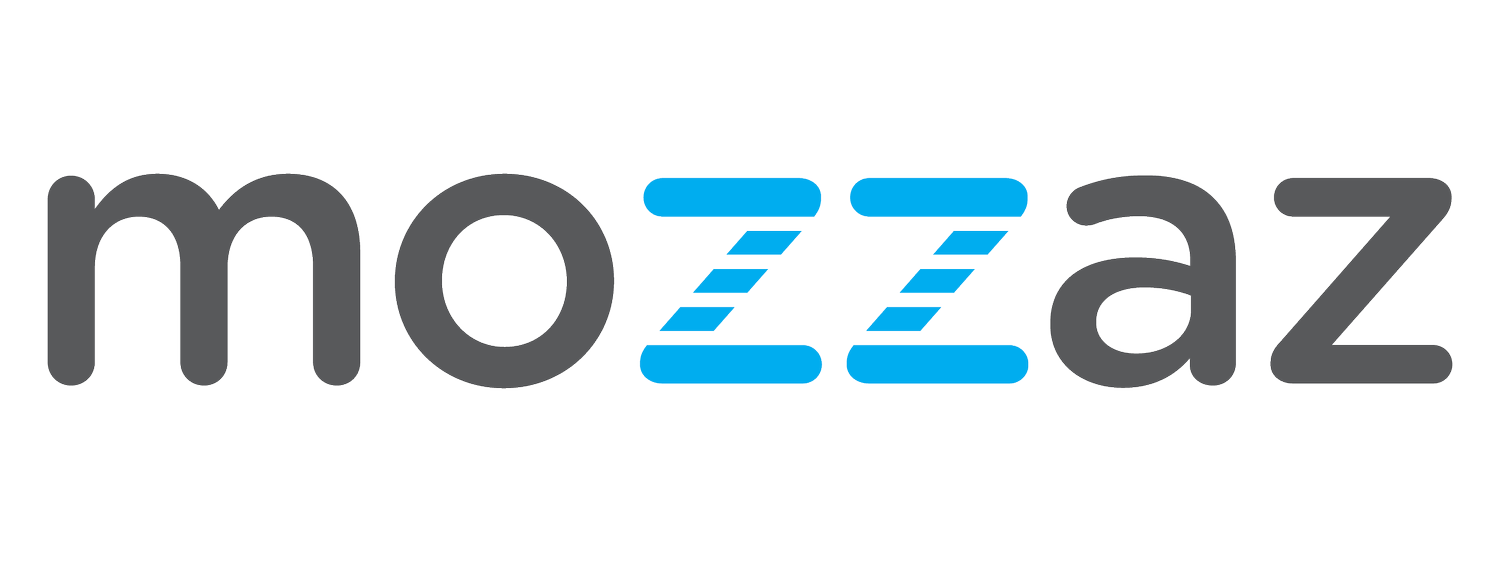What is Population Health Management?
Treating an individual’s symptoms is a key component in creating a healthy community, but it’s not the only one. Improving a population’s health involves larger, more holistic approaches aimed at identifying potential risks and empowering people to take better care of themselves. An increasing number of healthcare organizations are employing population health management strategies and supporting technologies to improve clinical outcomes. What exactly is population health management, and what does it entail for those organizations looking to leverage it to improve the health of their surrounding communities? Let’s dig in…
What Is Population Health Management?
Put simply, population health management refers to using information to influence treatment decisions in a more effective way. More specifically, population health management aggregates data from a variety of sources to paint a more comprehensive picture of a patient within their environment. Using this information, we can create actionable next steps to improve clinical outcomes, while lowering overall costs. This includes extrapolating details about individual patients to build a bigger picture of a larger group as well. These groups may be defined by a specific geographic area, socioeconomic parameters, and/or a common disease. Doctors and other health professionals can use this data to make more informed decisions about how to treat these populations.
What Are The Benefits?
Powerful population health management tools allow healthcare organizations to glean actionable insights from regularly available clinical data that can be exceptionally valuable to them and those they serve. Successful population health management programs use that data to better address care gaps across the population. Another critical benefit this provides is in creating more effective public health education initiatives. It’s not enough, however, to simply identify at-risk patients and gaps in care. These insights should fuel a solution that helps to change behavior across the population while improving efficiency and patient care.
At Mozzaz, we help take population health management programs the final mile with highly personalized virtual care solutions. There is no shortage of data and predictive analytics in healthcare, and we can take that information and create tailored solutions that change an individuals behavior. Our solutions help with education, preventative care, condition management, and more, keeping individuals engaged in their own health in the way that’s best suited for their needs and environment. Perhaps one of the strongest benefits of our approach is how it democratizes access to health resources. Providing resources virtually allows all individuals an opportunity to better participate in their own care regardless of his or her social determinants of health. Empowering people to be more involved in preventative health via comprehensive virtual care solutions helps keep healthy individuals healthy, freeing up resources for those that need in-person care and lowering overall healthcare costs.
If you’d like to learn more about how our solutions can help you make the most of your population health initiatives, get in touch with us today.

